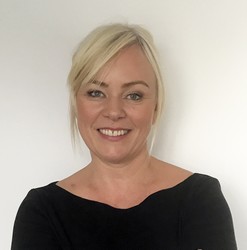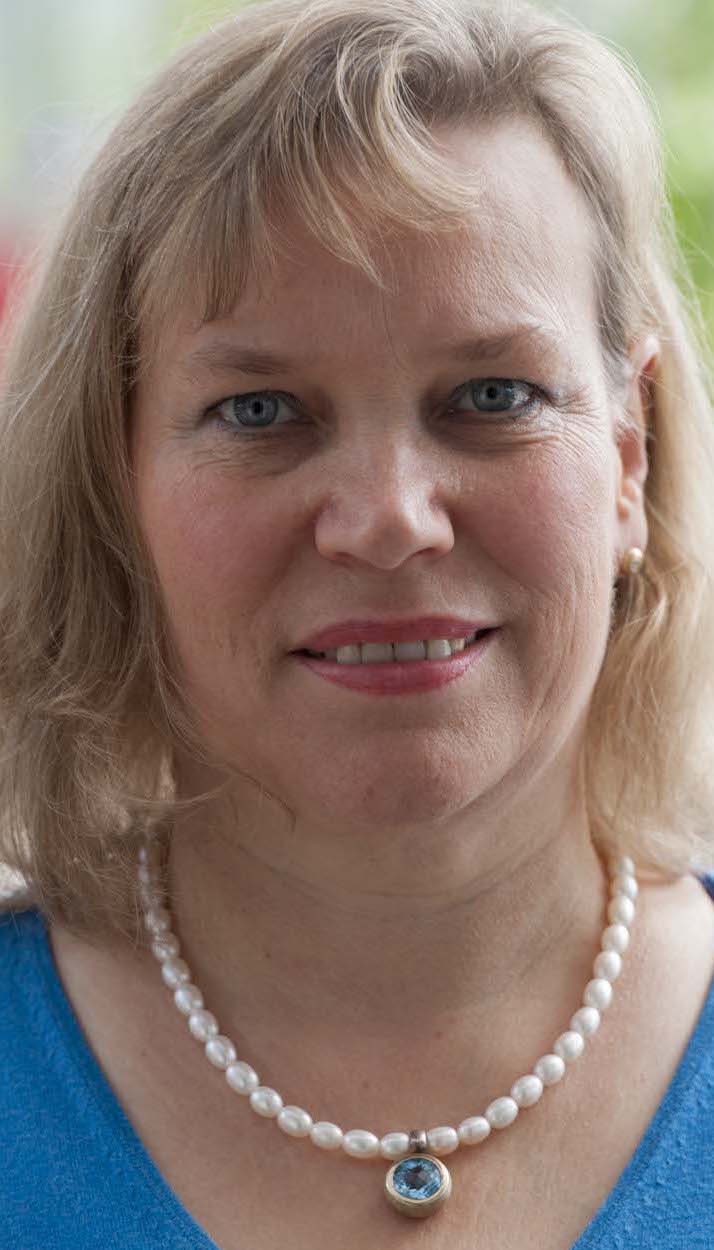Healthy Autonomy
Association for Promoting Healthy Autonomy e.V.


Bente Fjeldstad
 Chronic pain and early trauma
Chronic pain and early trauma
An estimated 30 percent of adults in Norway and Western Europe suffer from chronic physical pain and women are far more affected than men. In most cases, there are no apparent medical reason behind their painful suffering or it is related to autoimmune diseases. Autoimmune diseases are conditions where the human organism attacks itself because it cannot longer differentiate between benign and malign – what is good and what is bad, what is self and what is not.
In my workshop, I want to explore the relation between early trauma and chronic pain. In my IoPT practise, I have several clients with different bodily symptoms and diseases. Very often, they present symptoms in the pelvic area and the reproductive organs (women), back pain, migraines, abdominal pain and diffuse muscle pain. My experience with these clients is that their symptoms fade and sometimes vanishes completely when they are able to feel and integrate their childhood feelings and memories of early trauma.
Splitting the psyche and emotions off from the body, seems to lead to chronic pain in its many forms. Splitting off one’s healthy structures is for an infant or even an unborn a matter of survival, and when the child’s environment offers no protection, the impact must be severe.
The well-known ACE Study (Adverse Childhood Experiences Study, (Felitti and others) shows that as the numbers of adverse experiences increase in childhood, it is followed by an increase in the number of autoimmune diseases, frequent headaches and other similar conditions in adulthood. I invite in this workshop to explore symptoms like chronic pain. There will be the possibility for one Identity constellation, and discussion.
Bente Fjeldstad, Psychotraumatherapist IoPT in Oslo - Norway, trained with Marta Thorsheim and Prof. Franz Ruppert since 2010. Practice since 2011 in both individual and group settings. She has former practice from massage therapy and infant massage for bonding purposes, married and has two sons aged 22 and 25.
www.bentefjeldstad.no
This email address is being protected from spambots. You need JavaScript enabled to view it.
Dagmar Strauss

Heart Diseases and Trauma of Love
Cardiovascular diseases, despite intensive care, are among the leading causes of death in Germany. What is the reason for this? Our heart is the centre of our relationships and desire for bonding. It expresses our profound need for human closeness and love.
When in contact with a loving person we can relax and become calmer because we feel accepted, safe and secure. We open ourselves up, our hearts open and a pleasant feeling flows through our entire body. However, not only have the loving feelings affected our heart activity. Outrage, anger, and fear also influence our heartbeat.
Stephen Porges discovered 20 years ago that only mammals possess a social nervous system (Social Engagement System), which is especially related to our heart. This "social engagement system" is responsible for social behaviour and our relationship with other people. It is primarily characterized by a loving, benevolent and attentive interaction with the mother and caregivers. A mother who, due to her own experiences of trauma, is unable to open her heart to the love needs of her child, and thus cannot fulfill the child's desire for attachment, is then perceived, by the child, as a threat. It experiences a trauma of love. In order to protect itself, the baby has no choice but to close its heart as well, by breaking off access to its own needs, feelings and its origin of self.
In my workshop, I will show why the trauma of love has such a strong influence on our heart activity and thus can be considered as a cause of heart disease. On the basis of one or two constellation processes, I will demonstrate in practice how important our "social engagement system" is in encountering self-parts, the development of a loving, constructive "I" contact and the integration of split-off trauma feelings.
The focus of my therapeutic work is the "trauma constellation" with the method of intention based on the "identity-oriented psychotrauma theory" by Prof.Dr. Franz Ruppert. In my intensive guidance and monitoring of the constellation process, I incorporate my theoretical and practical knowledge of body trauma therapy from "Somatic experiencing" (according to Peter Levine), developmental trauma therapy "NARM" (according to Laurence Heller) and the "attachment psychotherapy" by Karl-Heinz Brisch.
In the last few years, I have developed my own "I" centred, trauma-disentanglement and reconnecting-oriented process support. As the client gradually encounters his inner parts, I am constantly in empathic contact with the clients' inner neuroaffective state. Through verbal reflections and psychoeducation, I promote self-contact and help the client to perceive and understand their emotional realm. I assist in allowing the rising of physical-emotional states and make sure that the client stays in the adult state in the here and now position.
Dagmar Strauss, born 1962, 3 adult sons. Since 1988 alternative practitioner and since 1991 in private practice. In 2010 further training with Franz Ruppert on his theory and method "constellation of the intention" and regular internships in his practice. Further education in Somatic experiencing (Peter Levine), NARM (Laurence Heller), Binding Psychotherapy (Karl-Heinz Brisch), Imagination Therapy (Uwe Böschemeyer). Since 2012 regular management of own groups based on the IoPT and the method "constellation of the intention".
www.lebenssinn-wandlung.de
This email address is being protected from spambots. You need JavaScript enabled to view it.
